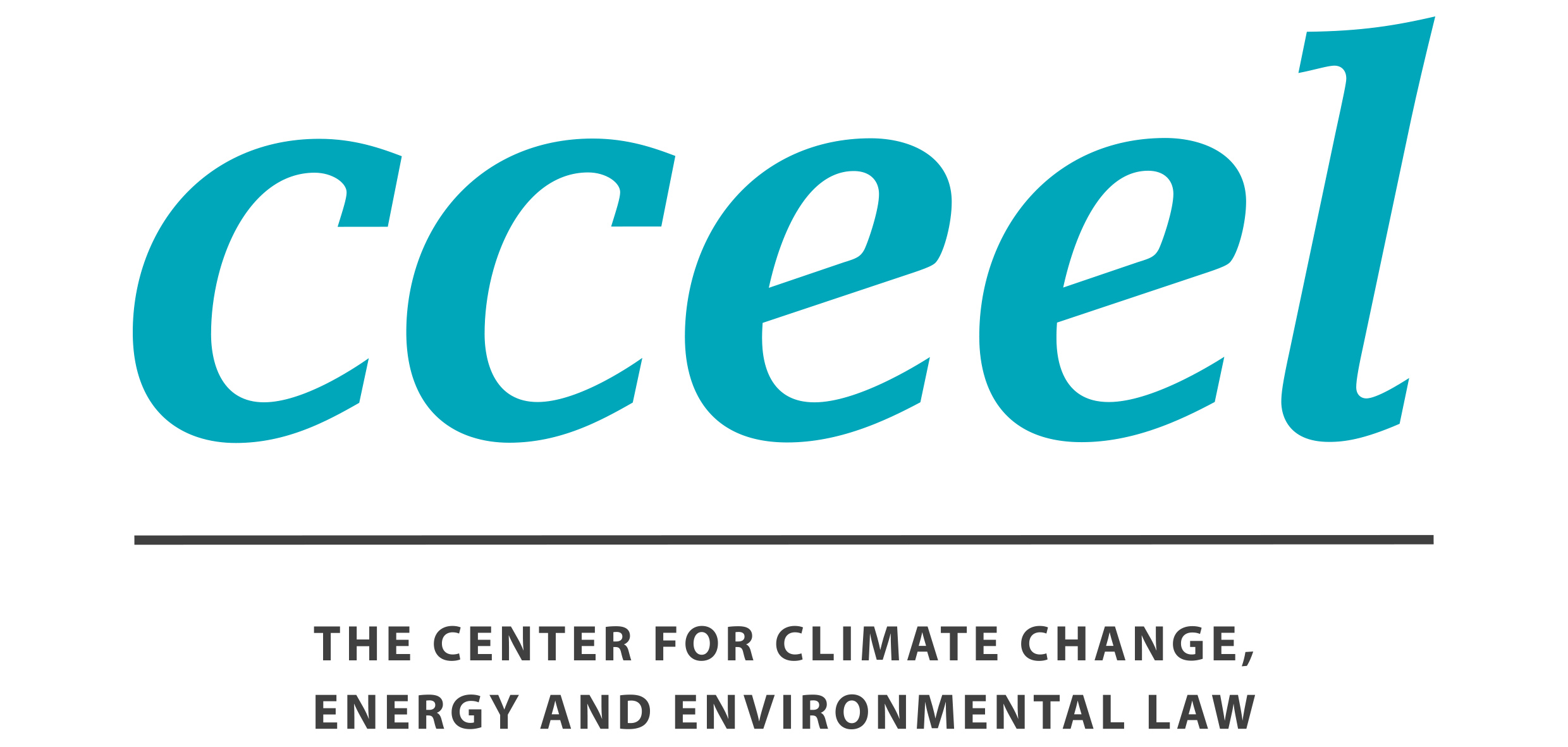New avenues for corporate climate accountability

By Mikko Rajavuori, Assistant Professor of Law at the University of Turku, Annalisa Savaresi, Associate Professor of International Environmental Law at the University of Eastern Finland, and Harro van Asselt, Professor of Climate Law and Policy at the University of Eastern Finland. First published in the Oxford Business Law Blog (OBLB) on 2 May 2023.
Corporate actors play a crucial role in driving climate change through their greenhouse gas emissions. Whilesome companies have started to take climate change seriously, it is also clear that others still have a long way to go. Even those companies that can be considered corporate climate leaders are doing less than they appear to, leading to concerns about greenwashing. To fill the glaring gap in corporate climate accountability, regulators and civil society have therefore begun to explore new avenues.
First, there has been a surge in climate litigation against corporate actors. Individuals and non-governmental organizations (NGOs) across the world are increasingly challenging corporate actors for their failure to act on climate change. Second, national, subnational and regional legislatures have begun to adopt mandatory due diligence (MDD) legislation that require companies to identify, prevent, mitigate, and remedy the adverse human rights and environmental impacts of their operations, including their climate impacts.
These two ways for strengthening corporate climate accountability increasingly interact. For example, in 2023 several French NGOs launched a lawsuit against a major financial institution—BNP Paribas—for its fossil fuel financing activities. The lawsuit is based on the French Loi de vigilance—an MDD law that requires companies to set up a ‘vigilance plan’ containing adequate measures to identify their environmental and human rights risks and to prevent severe impacts. The plaintiffs have asked the French courts to order BNP Paribas to betteridentify its climate risks and to adopt appropriate measures to mitigate those risks, including by ceasing to finance to new fossil fuel projects.
While legal arguments based on corporate due diligence increasingly feature in climate litigation, climate obligations are also beginning to emerge in MDD laws. The interplay between these instruments is therefore opening up new avenues for corporate climate accountability.
In a recent article, we have identified three primary interaction scenarios that highlight the dynamic relationship between corporate climate change litigation and MDD laws.
Scenario 1: MDD legislation as a basis for litigation
So far, most corporate climate litigation has been based on financial regulation, human rights or tort claims. Typically, these claims argue that companies have a responsibility to reduce greenhouse gas emissions throughout their value chain.
Climate litigation against corporate actors increasingly relies on MDD laws. While most of these cases are still pending, they already point to important lessons for future climate litigation. On the one hand, these lawsuits highlight the possibility to rely on due diligence obligations for climate-related considerations, even in the absence of explicit statutory language on corporate climate impacts. On the other hand, these lawsuits expose the difficulties of pursuing due diligence claims. The precise scope of corporate obligations and procedural issues, including the appropriate forum, are difficult obstacles to overcome for plaintiffs.
Climate litigation may also indirectly rely on MDD laws. Access to corporate information provided in due diligence reports, including risk analysis and mitigation strategies, enables plaintiffs to identify risk-sensitive company operations. Expanding the scope of due diligence obligations is likely to increase plaintiffs’ understanding of companies’ climate risks as well as their governance mechanisms, which in turn is likely to contribute to further litigation.
Scenario 2: Litigation as gap-filler
Most current or proposed MDD laws do not focus directly on climate impacts. Instead, they typically refer to human rights or environmental risks as a part of the due diligence process. In this context, climate change litigation has the potential to influence the development of corporate due diligence legislation.
Milieudefensie et al v Royal Dutch Shell plc is a prime example of this gap-filling function of climate litigation. Even in the absence of a Dutch MDD law, the District Court of The Hague interpreted Shell’s obligations under Dutch law so as to include also corporate due diligence obligations. These duties were derived from international instruments, such as the United Nations Guiding Principles on Business and Human Rights. The judgement explicitly aligned the concept of human rights due diligence with international climate change instruments, notably the Paris Agreement.
Scenario 3: Litigation as a driver for MDD legislation
Climate litigation can also further drive the adoption of MDD laws, given that it often highlights the lack of corporate action and the need for new corporate obligations. For instance, the plaintiffs in Milieudefensie et al v Royal Dutch Shell plc lobbied extensively for the inclusion of specific climate due diligence obligations in a forthcoming Dutch MDD law, arguing that court proceedings could take too long and that an MDD law could be implemented more swiftly. Companies may similarly favour the adoption of climate-specific obligations in MDD legislation to reduce legal risks and create a level playing field.
While litigation can lead to the implementation of more robust legislation, the opposite may also happen. For example, industry associations may support MDD laws that enshrine only lenient due diligence obligations. There is a risk of watering down due diligence obligations for instance by introducing new defences that allowcompanies to escape liability for their adverse impacts of their greenhouse gas emissions. Conservative MDD laws may thus also undermine climate litigation.
Looking ahead
Over the past years, climate litigation and MDD laws have emerged as new avenues to strengthen corporate climate accountability. Whether based on MDD laws or embedded in tort and human rights law, corporate due diligence obligations feature prominently in national and transnational climate litigation. Similarly, MDD laws increasingly cover corporate climate change impacts, either implicitly or explicitly.
Our analysis suggests that these legal avenues can and do interact in multiple ways. However, much more remains to be explored. Key areas for future research include the conceptual evolution of due diligence duties, the design of MDD laws under litigation pressure, and a better understanding of the geographies of corporate due diligence.
Neither climate litigation nor MDD laws can provide all the answers, and there are other ways for closing the corporate accountability gap, such as investor pressure and the repurposing of private climate finance. From a broader governance perspective, however, the analysis of the interaction between MDD legislation and corporate climate litigation demonstrates the important role that legal practice could play in advancing multi-level efforts to bring about corporate climate accountability.
Photo by Carl Heyerdahl on Unsplash
